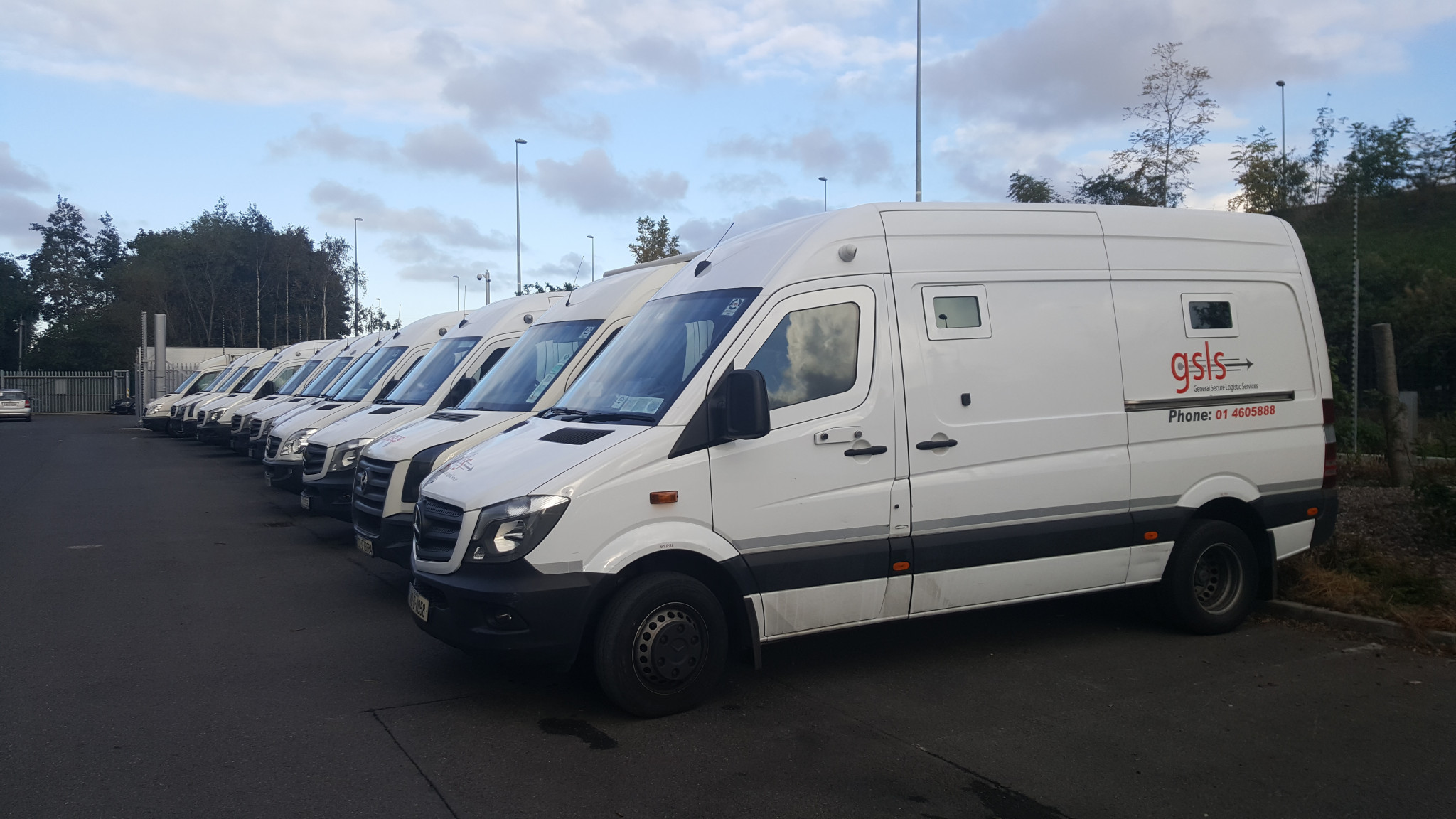Following the pandemic-related slump in 2020, the luxury goods industry has regained its former strength. The global market for personal luxury goods, which includes luxury fashion, decorative luxury items such as jewellery, watches and writing instruments, and beauty items, reached a value of €310bn this year and all indications are for further growth. According to current estimates, the market will grow to €480bn by 2030.
Increasing customer demand and current global uncertainties have made supply chain management a strategic core function, which poses major challenges for luxury brands. This is one of the conclusions from the recent study “Personal luxury: Supply Chain challenges & how to prepare for the future”, developed by Arvato Supply Chain Solutions in cooperation with the international strategy consultancy Roland Berger.
“The market for personal luxury goods offers significant opportunities for growth,” explains Julia Boers, President of Consumer Products at Arvato Supply Chain Solutions. “We commissioned Roland Berger to conduct a study to learn more about current and future developments and obtain detailed information about the market in which we already serve clients.”
The strategy consulting experts analysed the European and American luxury markets intensively. “Important industry experts from different areas were also interviewed, individually speaking to current market developments and their effects on supply chain management,” says Dr. Richard Federowski, Partner Consumer Goods and Retail at Roland Berger.
Four key trends were identified that will have massive impacts on the market for personal luxury goods until 2030. One of them is the emergence of a younger buyer group who holds higher expectations from luxury brands – they not only expect a unique and consistent customer experience through all touchpoints, but also react very sensitively to issues surrounding sustainability. There is also a revelation that selling standardised products worldwide will no longer suffice; local product collections will be expected. This will lead to greater complexity in products.
In addition to stationary trade, omnichannel commerce – the combination of online and offline channels – has become an important growth engine for luxury brands. Buyers demand seamless interactions between the channels coupled with the ability to contact the brand directly online. With the move to increased online sales, expectations for short delivery times and highly flexible shipping options are also increasing.
The fourth emerging factor is new market uncertainties which luxury brands must navigate. Geopolitical and pandemic crises have already led to instabilities in the business environment, and these have had a strong impact on sales processes in various regions or have put a strain on existing logistical processes.
Turning challenges into opportunities
“These complex and multidimensional developments pose major challenges for luxury brands and retailers,” explains Abbas Tolouee, who worked on the study as a senior consultant at Arvato Supply Chain Solutions. “We have identified four critical points that companies must turn into factors of success in order to remain competitive in the long term.”
Luxury brands and retailers face the challenge of offering a luxurious customer experience embodying the brand’s DNA across increasing numbers of sales channels – from initial customer contact, through order placement and including after-sales service. They must have control over all customer touchpoints within the supply chain, which is only possible when there is end-to-end integration of all IT systems and corresponding interfaces. Particularly an online shop must have real-time product availability, provide order status information, and offer several shipping options.
Additionally, speed and punctuality in last mile delivery are essential. The second challenge is inventory management across different regions and channels. To accomplish this, luxury brands and retailers must synchronise all data in real time and invest in intelligent inventory optimisation technologies and forecasting tools to anticipate demand, plan supply and detect fraud.
To get a handle on rising operating costs, luxury goods manufacturers should increase their operational efficiencies through automation and digitalisation. Warehouse services solutions should include a cloud-based IT infrastructure with fully integrated and automated supply chain processes that ensure high operational efficiency. This also ensures that errors and product losses are minimised, and inventory control is optimised. Transparency surrounding the CO2 footprint is also extremely important, especially for the younger target group. It is not enough to know the origin of the product and to measure its impact on the environment. Companies must monitor sustainability throughout the entire supply chain and define a company-wide framework to meet the expectations of their customers.
“This is where partnerships with experienced logistics service providers such as Arvato Supply Chain Solutions offer an advantage,” explains Tolouee. “We not only support our clients in developing holistic sustainability concepts for transport, packaging and storage optimisation, but we also offer a number of practical solutions which we have already developed to assist our clients in mastering these challenges.” Those solutions also form part of the study, and selected examples are reviewed in depth.
CLICK HERE to read the complete study: “Personal luxury: Supply Chain challenges & how to prepare for the future”.











